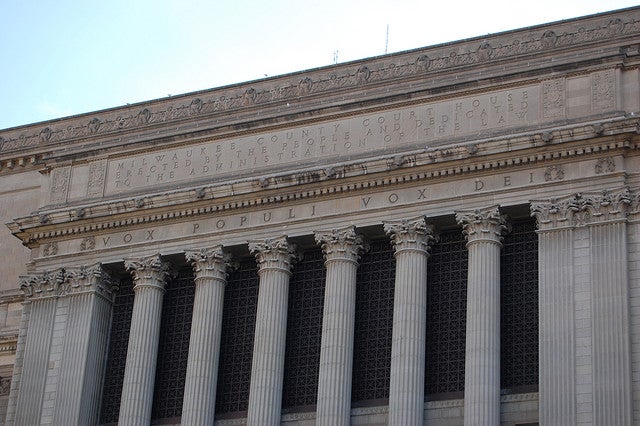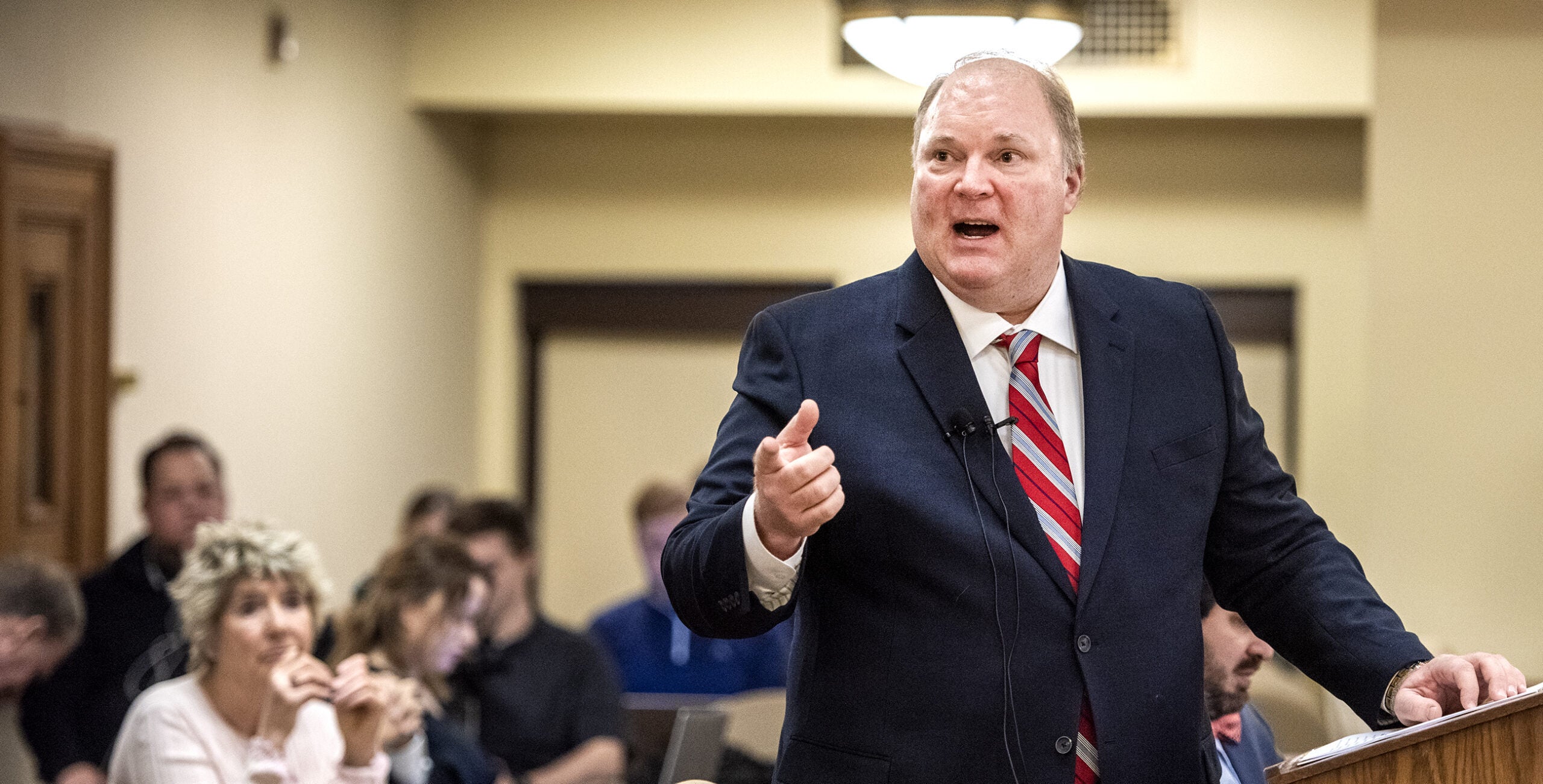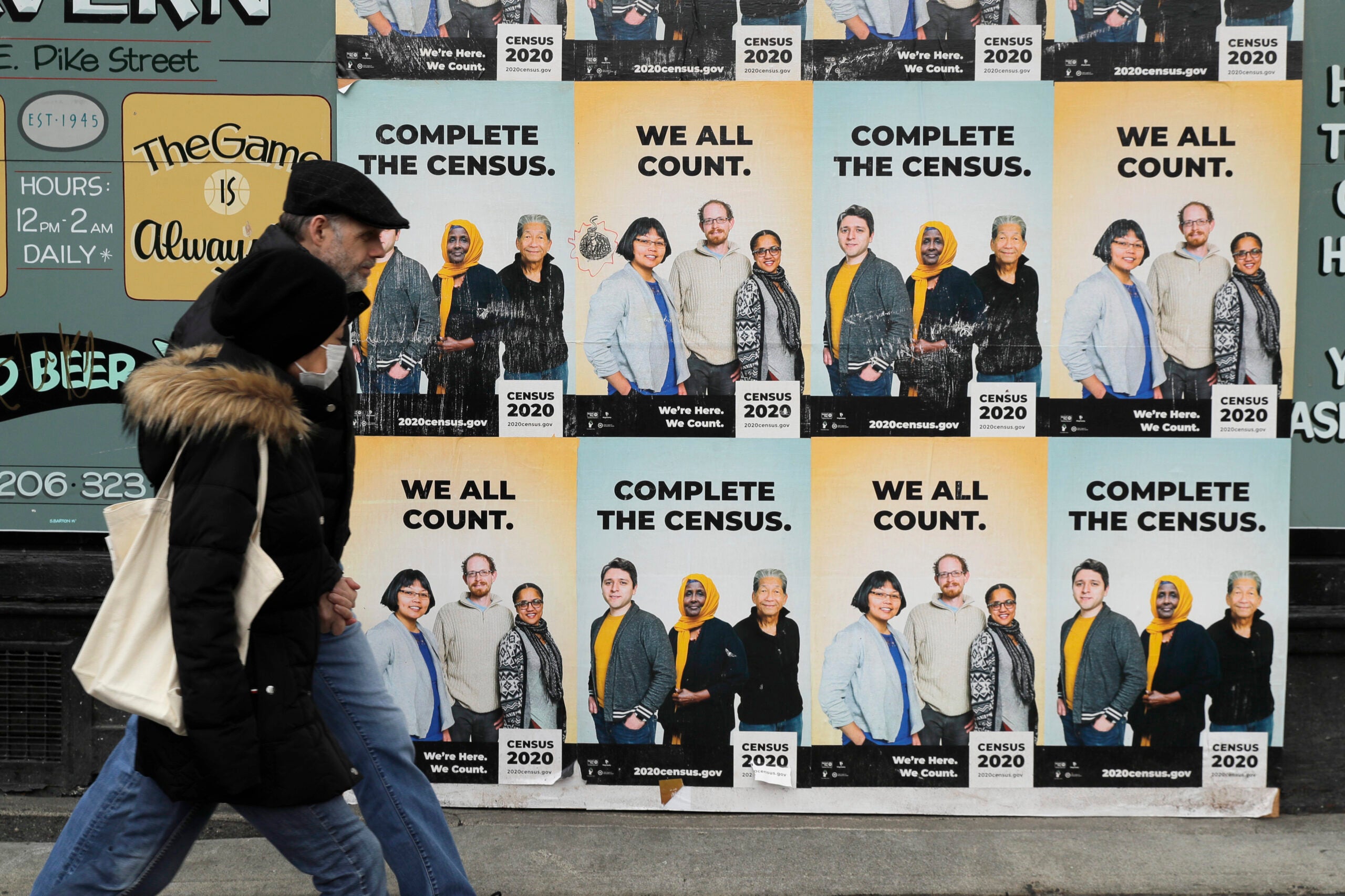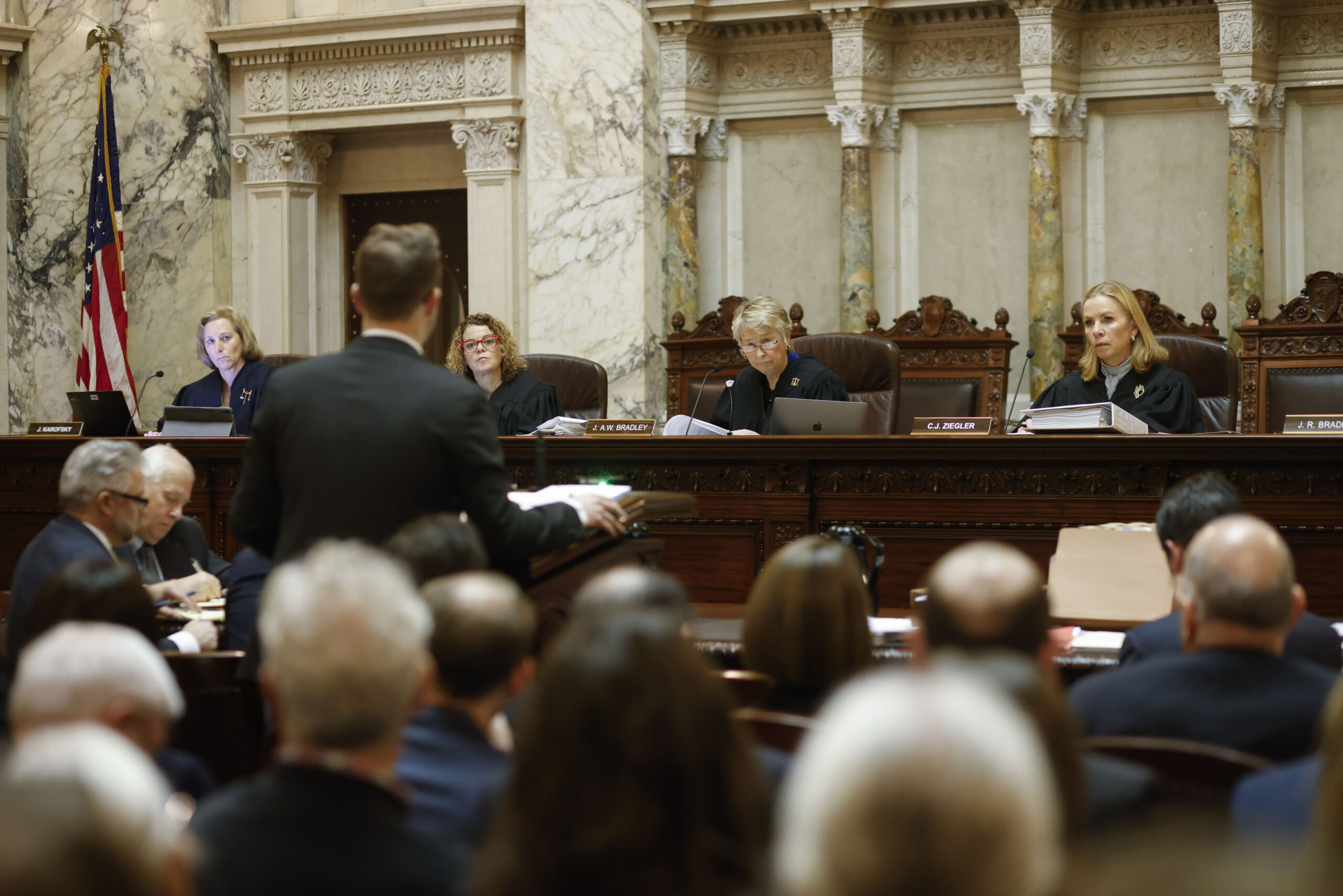Three years after the first one began, state-sanctioned secret investigations into people and groups linked to Gov. Scott Walker’s political campaigns continue to make headlines in Wisconsin. The probes, which haven’t resulted in any charges filed against Walker, have left an uncertain effect on voters casting their ballots in next week’s election.
Prosecutors say they first started looking into possible illegal actions in Walker’s Milwaukee County executive office before Walker even became Governor. One of the first public signs that something was going on was in September 2011, when law enforcement raided the Madison home of former top Walker aide Cindy Archer.
Archer’s neighbor Dale Riechers was there on the day of the raid.
News with a little more humanity
WPR’s “Wisconsin Today” newsletter keeps you connected to the state you love without feeling overwhelmed. No paywall. No agenda. No corporate filter.
“They were really going around here — taking pictures inside her garage, inside her vehicle and stuff like that,” said Riechers.
In January of 2012, Milwaukee County District Attorney John Chisholm announced criminal charges against three people, including longtime Walker friend and Milwaukee County aide Tim Russell. By January of 2013, Russell was sentenced to two years in prison for stealing money from a military veterans group. He told a judge he was sorry for his actions.
“I can and will take responsibility and deal with the wounds that I have caused to myself, but I will have to live the rest of my life trying to pick up after the wounds I’ve caused to others,” said Russell.
As others were charged and convicted in what eventually became known as “John Doe One,” Democrats increasingly tried to make sure Gov. Scott Walker was politically wounded, partly because the probe grew to include people who were helping Republican election efforts in 2010 while working for Milwaukee County.
The heat on the governor grew again over the past 12 months, after news of “John Doe 2” came out. That second investigation looked into alleged illegal campaign coordination in 2011 and 2012 between Walker, other Republicans and the conservative group Wisconsin Club for Growth.
By April, Walker had been told not to say much about the case.
“People who know anything about the issue are prohibited from talking about it. People who don’t know anything about it shouldn’t be talking about it. So either way I’m not talking about it,” said Walker.
Other people did discuss John Doe 2, especially after a federal court released documents showing the governor’s recall campaign aides had urged steering mining company donations to Wisconsin Club for Growth — a revelation that has been used by Mary Burke, Walker’s Democratic opponent in the gubernatorial race, as well as by other outside groups to attack him.
But with the second investigation now on hold, and Walker having not been charged in either probe, it’s unclear if those attacks are landing with voters.
At a Walker political rally in West Allis last Saturday, there appeared to be little concern for the doings of Doe. One man in attendance named Tom Fleming said the probes were politically motivated
“There’s no substance there,” he said. “There’s nothing that warrants an expensive investigation like that.”
Fleming isn’t alone in his views. Last month a Marquette University Law School poll found most people think the things found in the John Doe probes are just politics as usual.
But as rank-and-file Democrats gathered last Friday in Milwaukee to hear former President Bill Clinton rally for Mary Burke, the John Doe issue did strike a note with some. Jeffery Fisher said he’s leaning toward supporting Burke partly because of what the investigations have uncovered about Walker.
It’s unknown if John Doe 2 will ever restart, but just in the last few days, Milwaukee County DA Chisholm issued a long explanation for the probes, and the liberal group Center for Media and Democracy challenged the tax-exempt status of Wisconsin Club for Growth.
Neither these issues or the second probe will likely be resolved until after next Tuesday’s election.
Wisconsin Public Radio, © Copyright 2025, Board of Regents of the University of Wisconsin System and Wisconsin Educational Communications Board.







